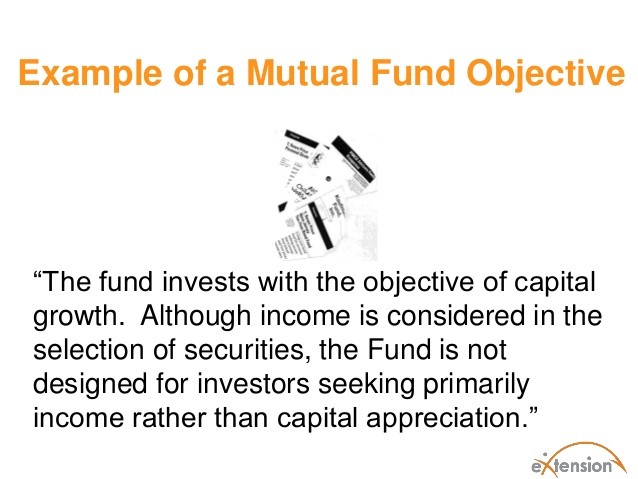Traditional Investments Mutual Funds ExchangeTraded Funds and Annuities For Dummies
Post on: 13 Апрель, 2015 No Comment

In addition to stocks and bonds, you can choose from a range of traditional investment vehicles, including mutual funds, exchange-traded funds (ETFs), and annuities. Which you choose depends on your financial goals, your investment preferences, and your tolerance for risk.
All of these options represent traditional investments: You put your money down and hold on. Although you want to make changes as necessary to protect your investment, these types of investments can add stability to more aggressive and riskier investment strategies (like trading and hedging).
Investing in mutual funds
Simply put, a mutual fund is an investment company. Investors put money into that company, and an investment manager buys securities on behalf of all the investors. Those securities may include various types of stocks, various types of bonds, or both. If you invest in mutual funds, you have thousands of options to choose from, each representing a different mixture of securities.
Because so many shareholders pool their money into each mutual fund, an investment manager can buy a diverse portfolio of securities much more diverse than most individuals can manage to buy on their own.
Exchange-traded funds as investments
Exchange-traded funds are something of a cross between an index mutual fund and a stock. Although relatively new, theyve grown exponentially in the past few years nearly 50 percent in 2005 and they will surely continue to grow and gain influence.
Among the characteristics that make ETFs so compelling is the fact that theyre cheap. Many ETFs carry total management expenses under 0.20 percent a year. Some of the larger ETFs carry management fees as low as 0.07 percent a year. The average mutual fund, in contrast, charges 1.67 percent a year. ETFs are also tax-smart. Because of the way theyre structured, the taxes you pay on any growth are minimal.
Investing in annuities
Annuities are investments with money-back guarantees: You invest a certain amount of money for a promise that youll get your money back, with interest, after (or over) a certain time period. Thats all that annuities really are along with enough exceptions, disclaimers, and contingencies to fill a medium-sized law library.
Bottom line? The exact nature of the guarantee varies with the type of annuity. In fixed annuity contracts, for instance, your rate of return is guaranteed for a certain number of years. In the latest variable annuity contracts, you can lock in a guaranteed rate of return. With an immediate annuity, you get guaranteed income.
- Add a Comment Print Share














